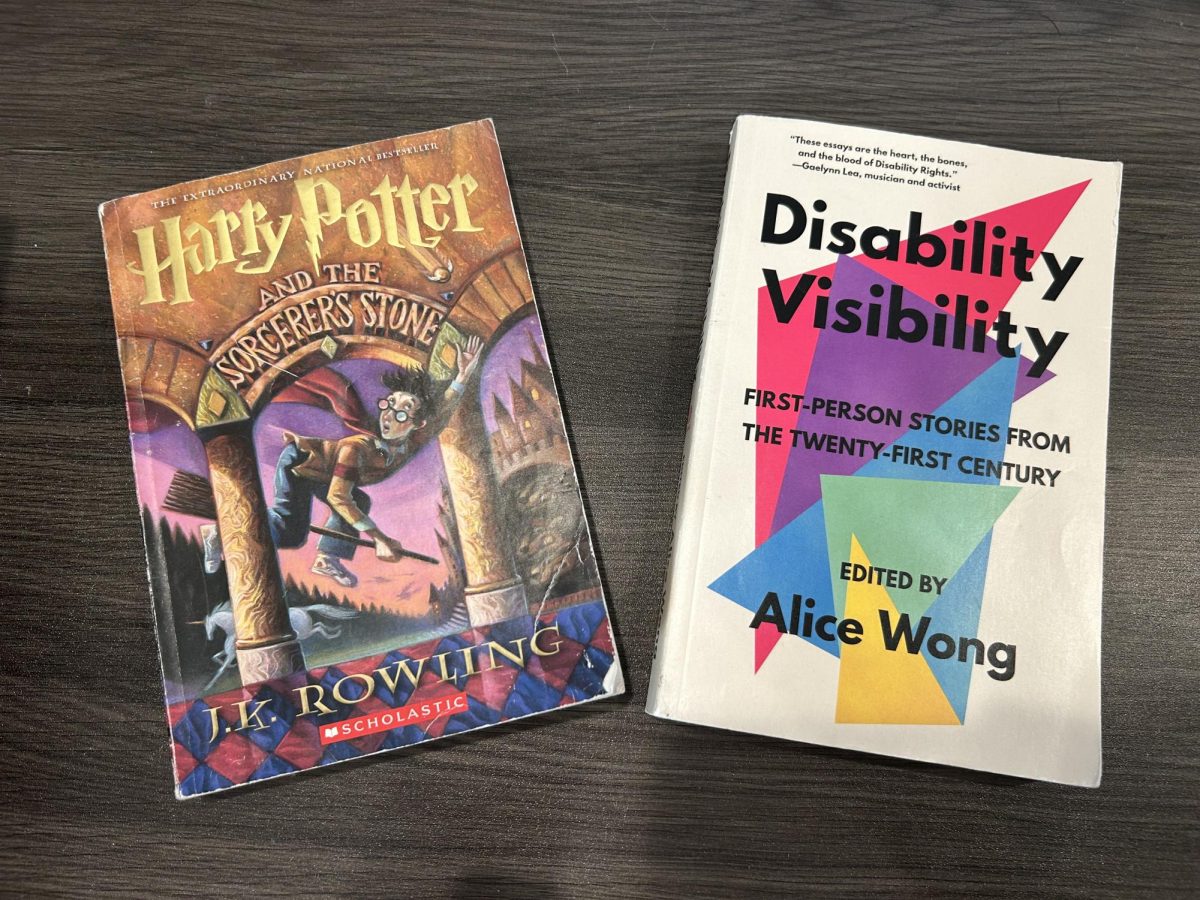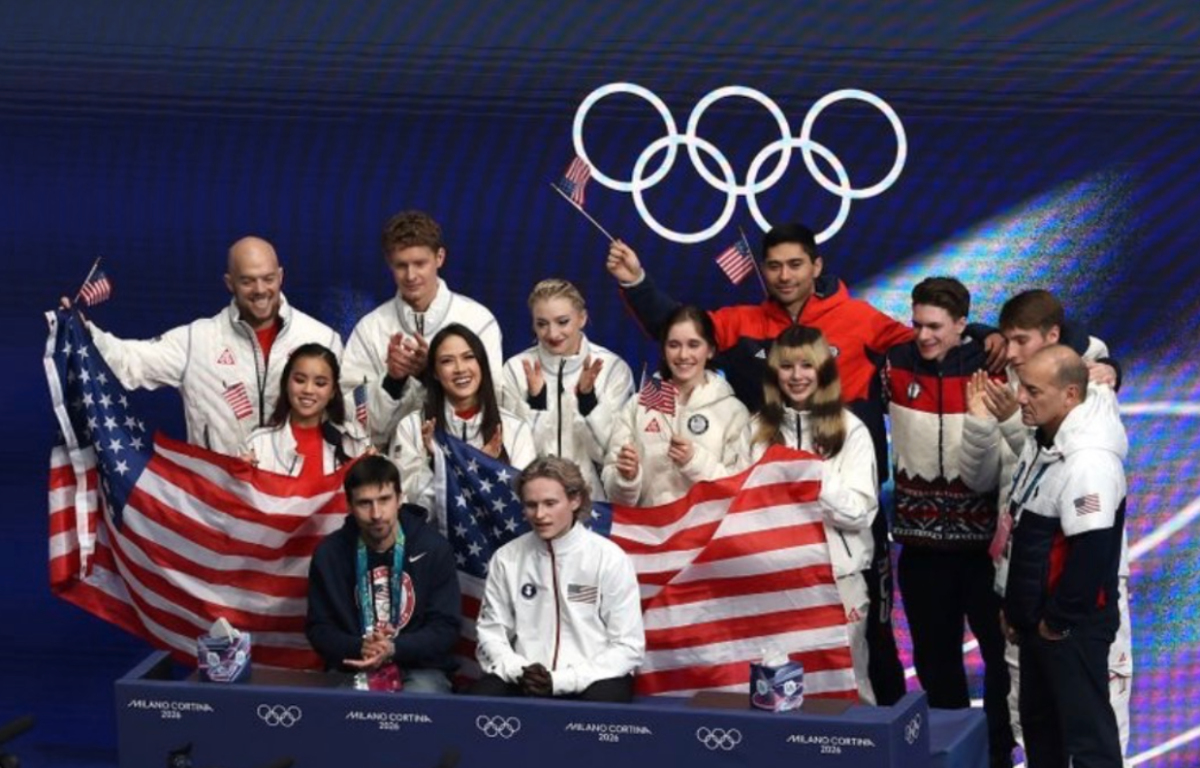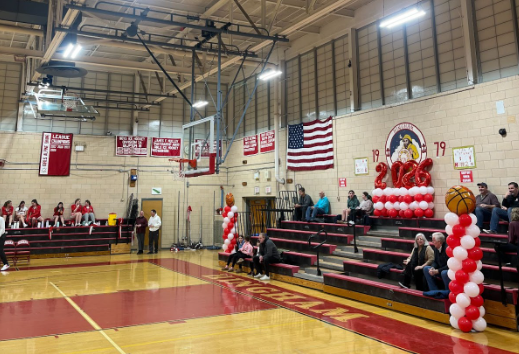Okay? Okay. (The Fault in Our Stars Review)

July 19, 2014
As I sit here after the movie, still brushing tears from my cheeks, I feel it is a good time to write the review of “The Fault in Our Stars.” I originally read the novel, written by John Green, around two years ago during its first month of publication. Even before I read the book, I felt connected to it due to the fact that my grandmother gave me the book, and she herself had known Esther, the girl who inspired John Green to write the painful but gorgeous tale of Hazel Grace Lancaster and Augustus Waters, two teens with cancer who live their lives in spite of the disease.
In terms of plot, the movie stayed very true to the book, possibly due to the fact that John Green, the author, was a guiding figure on the film. Aside from a few minor adjustments, most likely for time’s sake, the plot of the movie matched up with that of the novel and captured the essential elements necessary for conveying Hazel and Gus’s tale in the most honest, breathtaking way possible.
The movie was surprisingly spot on with the casting choices. Shailene Woodley was perfect as the honest, snarky, and sarcastic Hazel Grace while Ansel Elgort made an exceptional Augustus Waters. Hazel and Augusts meet at an incredibly lame cancer support group, and their relationship forms over a book, An Imperial Affliction, about a girl with cancer. The book ends abruptly, and Hazel’s goal is to find the author, who has disappeared, and get answers. In between doctor’s appointments and emergency rushes to the ICU, Hazel and Gus fall in love- “slowly, and then all at once”- due to their unordinary personalities, rejection of self-pity, and appreciation of life.
The relationship between Hazel and Gus is paced appropriately; the relationship does not feel rushed or phony. Augustus Waters is a heroic, beautiful, larger-than-life character. He is a master of metaphors, including putting a cigarette between your teeth without smoking it (“you put the thing that does the killing between your teeth, but you don’t give it the power to do its killing”). He views the world in an idealistic, illusory manner, and his breakdown is one of the most heart wrenching parts of the movie (and there are many, many heart-wrenching parts).Hazel Grace, the narrator, on the other hand, is realistic, blunt, and dignified. She understands the reality of her life and faces it, with all its unfortunate misgivings. Calling herself “a grenade,” Hazel struggles to let people into her life in fear of hurting them upon her impending death. Enter Augustus, and Hazel gains a newfound appreciation for life, eventually telling Augustus, “you gave me forever within the numbered days.”
The audience falls in love with Augustus as Hazel does, which makes the movie’s tragic moments even more tragic. Additional key characters include Hazel’s parents, played by Laura Dern and Sam Trammell, and Isaac (Nat Wolff), Hazel and Augustus’ blind friend. In the end, the movie is about emotion. The story is not sugar coated, as Hazel Grace tells the audience during the opening scene, and through Hazel and Augustus’s story, the audience learns that “cancer sucks,” but life doesn’t.
Hazel insists, “pain demands to be felt,” while Augustus cries, “the world is not a wish-granting factory.” Everything that comes with life, the good and bad, love and pain, must be experienced and felt. The two realize that “oblivion is inevitable,” and everyone is going to die. But despite all that, what we really learn from Gus and Hazel is that “it is a good life,” and we are going to be okay. Hazel and Augustus’s shared saying, “Okay? Okay,” there way of conveying understanding with each other, sums up this overarching lesson.

































